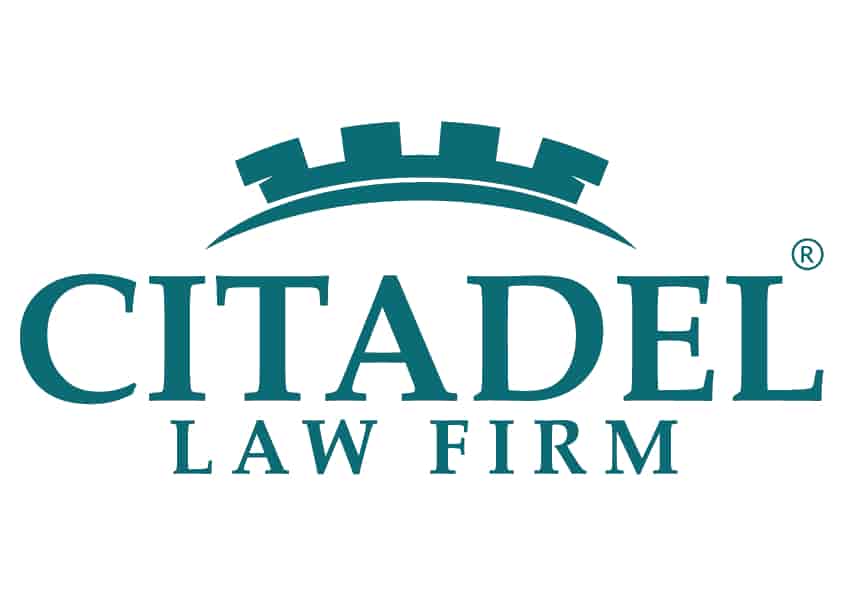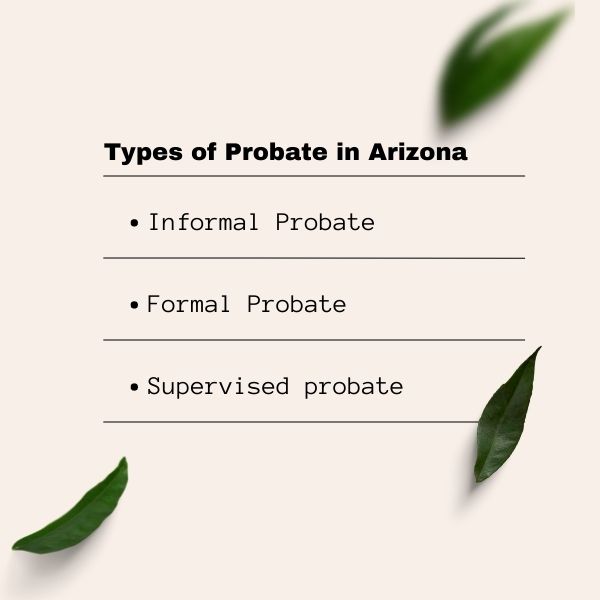Arizona Probate Process - What do you need to know?
The Arizona probate process sounds complicated, but it doesn't have to be. You can learn more about what to do by checking out this guide.
Did you know nearly 60% of Americans haven’t planned their estate?
When your loved one passes away, Arizona law may require that their estate goes through the probate process. If they did not have a trust or failed to list beneficiaries for all their assets, this process can not only be complicated but also costly. The probate proceedings can add unnecessary stress to an already stressful time.
Getting legal help and knowing what it involves will help ease your fears about the process. Below is a comprehensive guide on how to go through the estate probate process in Arizona. Arizona is a community property state with specific laws.
What Is Probate?
Probate is the formal legal process of administering the estate of a dead person. It can also be called estate administration. It involves organizing their property/assets (bank accounts, estate's real estate, estate's personal property, life insurance policies, etc) and distributing them as an inheritance – after paying any debts and taxes. If the estate needs to undergo probate, Arizona offers several options of Probate.
Types of Probate in Arizona
Informal Probate
Informal probate occurs when your loved one don't leave a valid will and the estate is not challenged. The appointed personal representative administers the estate with minimal court supervision. The informal probate proceedings are more straight forward but competent legal advice is still recommended. When there is no valid Will we will follow an intestate succession according to probate law.
A personal representative files for probate and they will be liable for any mistakes they make. Having an Arizona law firm help reduce the burden to the PR. Informal probate proceeding can get complicated and a licensed professional attorney will help.
Formal Probate
Formal probate is used by the court to resolve legal issues that arise regarding the estate. For instance, if there are contradictory interpretations of a will, if there are questions about the legitimacy of a will, or if there is a disagreement over the appointment of a personal representative. It’s also used if there isn’t any estate planning.
An experienced attorney that can provide specific legal advice in a must in this case. Probate is not just file paperwork with the probate court, it requires much more than that.
Supervised Probate
It is where the court oversees every step of the probate process. This means the personal representative needs to seek the court’s approval before taking any actions, like distributing assets. You can ask for this type of probate to protect your rights as a creditor, inheritor, or other interested party.
Supervised probate is also necessary when there is a minor as a beneficiary. The court will protect the interest of the minor at all costs. The court appoints sometimes a specific lawyer to represent the minor.
The Probate Process in Arizona
The probate process can be quite daunting if you do it alone. To make the process easier, here is a step-by-step guide on how to kick start probate for an Arizona estate.
Step 1: Read the Decedent’s Last Will (if one exists)
After grieving and mourning your loss check if a Last Will and Testament exists and read the will. Also check if a Trust or any other legal strategy exists to avoid probate. It’s always a good idea to do it with a probate attorney already involved. Ensure to keep the original document safe since the probate court will need to validate it.
If a Will doesn't exist the probate process will still be necessary if the threshold for probate is meet. Someone will have to go over all the deceased's assets and all the estate assets, check bank account, check any deeds to see how they were filed, look for any property that is held in joint tenancy, check retirement accounts. Probate with a blended family can be especially challenging as well. Is probate required? To learn more about the minimum requirements for Arizona probate read our blog article about the subject, click here to read. If the estate require probate we will start the probate procedure. If no probate is not required a small estate affidavit may be used.
The court must verify the decedent was over 18, of sound mind, and wasn’t subject to unwarranted influence when writing the will. They’ll also check to ensure the decedent and their two witnesses accurately signed and dated the document. What’s more, they’ll confirm its notarization. Have the will properly witnessed and notarized only make the Will self proven in Arizona. Arizona still accepts holographic wills.
Step 2: Determine the Personal Representative
In most cases, the personal representative is the person named as executor in the will. If the executor named in a will can’t serve, probate laws in Arizona statute set the following priority order of people that can apply for the position. The below also applies if not Will exists.
- A surviving spouse of the decedent who receives real property under the will
- Other beneficiaries of the decedent like adult children, siblings, or parents
- A surviving spouse
- Other heirs of the decedent
- The Department of Veterans’ services, if the decedent was a veteran or child or spouse of a veteran
- Any creditor—with an exception of a funeral establishment owner or director
- A public fiduciary
The family needs to agree on the executor. They should also be of sound mind to serve in this position and file probate.
Step 3: Filing with the Probate Court of your County
After the identification of a personal representative, they must apply to the court so that they can be formally appointed to act on behalf of the estate. Also, they should file a petition with the court to initiate the probate process.
Step 4: Notification to Heirs and Creditors
After the appointment, the executor should notify all beneficiaries and heirs of the start of probate. If there is a will, the beneficiaries should receive a copy. What’s more, they need to notify all potential creditors of the estate.
If there is no will, they will file a petition pursuing administration of the estate. The notice of administration should be given to all the decedent's heirs and any family member that are a beneficiary.
Step 5: Identifying Assets and Debts
Gather the decedent’s assets and create an inventory. The process can be challenging since some assets may not be subject to probate. To identify the assets appropriately, you should consult with an experienced probate lawyer in Chandler.
The personal representative should also take into account the decedent’s debts. Once they’re done, they should provide the inventory and appraisal of the property to the beneficiaries and other interested parties like creditors. Notice to creditors is also necessary and a waiting period exists to guarantee that all creditors have time to submit their claim.
Step 6: Paying Debts and Taxes
The next stage of the process involves paying all of the estate's debts and paying creditors. These may include:
- Costs and expenses of administration—legal fees and personal representatives’ fees
- Estate expenses like funeral costs
- Outstanding hospital, caregiver, or other medical expenses of the deceased person
- Loans
- Mortgages
- Utility bills
- Credit cards
- Estate taxes
- Any unsecured debts
The personal representative must also file the required tax returns. If there is not enough money to pay all creditors, the personal representative can sell some assets to get the necessary funds and pay off the debts.
Step 7: Accounting and Distribution of the Estate
After paying the debts and taxes, the personal representative provides a written accounting that details all assets and payments to the beneficiaries. The beneficiaries can ask questions or make objections to the accounting.
Once all issues are resolved, the personal representative allocates the residual assets according to the decedent’s wishes if there is a will. In case there is no will, they’ll distribute the assets and property according to state intestacy statutes.
Lastly, they will file a closing statement with the court to confirm that the probate process is complete. Formal probate proceedings may include court appearance as well.
Schedule a Free Consultation with an Experienced Probate Attorney in Chandler
The aforementioned guide is an overview of the general probate process in Arizona. Time deadlines and other legal requirements may also apply to each step. This is why you need legal help.
At Citadel Law Firm, we can help you handle probate issues while you grieve the loss of your loved one. Our experienced Chandler probate attorneys have extensive experience in all matters relating to estates.
We will ensure that your loved one’s estate is fully settled in compliance with Arizona probate laws. Contact us today to get started. You can call (480) 565-8020 or click here to schedule a free consultation today.



